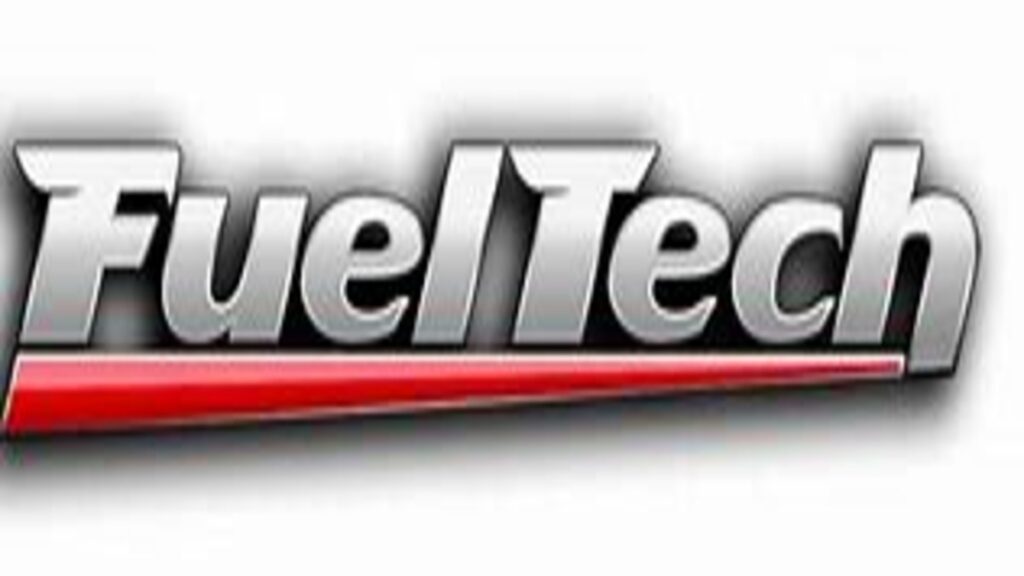Fuel technology or simply fuel tech is at the heart of how we power vehicles, machines, homes, and industries around the globe. But in today’s rapidly evolving world, fuel tech isn’t just about keeping the engine running. It’s about doing it cleaner, smarter, and more efficiently.
From high-performance combustion systems to carbon-reduction solutions, fuel tech innovations are shaping the future of energy. Let’s break it down and see how this vital field is transforming our lives and our planet.
What is Fuel Tech?
Fuel technology refers to the science and engineering behind the production, modification, and optimization of fuels and fuel systems. It covers everything from fossil fuels (like gasoline and diesel) to renewables (like biofuels and hydrogen) and the systems that use them.
This field aims to improve fuel efficiency, reduce emissions, and support sustainable energy transitions.
Why Fuel Tech Matters
In a world facing climate change, air pollution, and rising energy demands, fuel tech plays a critical role in solving big challenges. Here’s why it matters:
- Reduces environmental impact
- Increases fuel efficiency and lowers costs
- Drives innovation in automotive, aviation, and industrial sectors
- Supports renewable energy integration
Types of Fuel Technologie
Let’s look at the major types of fuel technologies shaping industries today.
1. Internal Combustion Fuel Tech
The traditional tech used in gasoline and diesel engines. Innovations focus on:
- Turbocharging
- Direct injection systems
- Exhaust gas recirculation (EGR)
- Cleaner burning technologies
2. Alternative Fuels
These include:
- Biofuels (ethanol, biodiesel)
- Natural Gas (CNG, LNG)
- Hydrogen
- Synthetic Fuels (produced from non-petroleum sources)
3. Hybrid Fuel Systems
Combining conventional fuel engines with electric motors to improve mileage and reduce emissions.
4. Fuel Additive Technology
Chemical additives are mixed with fuel to:
- Boost efficiency
- Reduce engine wear
- Lower harmful emissions
- Improve cold-weather performance
How Fuel Tech is Improving Efficiency
Fuel tech isn’t just about what goes into the tank—it’s how it gets used. Today’s systems are engineered to extract maximum energy from every drop of fuel. Here’s how:
- Advanced fuel injectors: Deliver precise amounts of fuel at the right time.
- Variable valve timing: Adjusts engine breathing for better performance.
- Turbocharging: Increases engine power without using more fuel.
- Computer-controlled engines: AI-powered ECU systems optimize every combustion cycle.
Fuel Tech and Emissions Control
One of the biggest concerns with traditional fuels is their impact on air quality. Fuel tech companies are creating solutions to reduce pollutants like:
- Nitrogen oxides (NOx)
- Carbon monoxide (CO)
- Particulate matter (PM)
- Carbon dioxide (CO₂)
Emissions Reduction Technologies Include:
- Selective Catalytic Reduction (SCR)
- Diesel Particulate Filters (DPF)
- Exhaust Gas Recirculation (EGR)
- Low NOx burners
These systems are especially important in industries like transportation, shipping, and power generation.
Fuel Tech in the Automotive Industry
Cars and trucks are some of the biggest fuel consumers. Automakers rely on fuel tech to meet stricter fuel economy and emission standards.
Recent innovations include:
- Direct-injection turbo engines
- Plug-in hybrid fuel systems
- Start-stop technology
- Regenerative braking for hybrids
Electric vehicles (EVs) may dominate the headlines, but fuel tech is still central to making gas-powered cars cleaner and more efficient.
Conclusion
Fuel tech is far more than just fueling engines it’s about designing smarter, cleaner ways to power the world. From your car’s gas tank to massive power plants, innovative fuel technologies are helping reduce pollution, boost efficiency, and support the shift toward a sustainable energy future.
Whether it’s cleaner combustion or alternative fuels, fuel tech is driving progress every step of the way. And as technology evolves, so too will the ways we fuel our lives.
FAQs
1. What does fuel tech mean?
Fuel tech refers to the technologies and systems that improve how fuels are produced, processed, and used—often with a focus on efficiency and emissions reduction.
2. Is fuel tech only about cars and vehicles?
No. Fuel tech is also critical in power generation, industrial processes, aviation, marine transport, and even renewable fuel development.
3. What are alternative fuels in fuel tech?
These include biofuels, hydrogen, synthetic fuels, and natural gas—designed to reduce environmental impact compared to traditional petroleum fuels.
4. How does fuel tech help the environment?
It reduces greenhouse gas emissions, lowers fuel consumption, and supports the use of cleaner, renewable energy sources.
5. Are there careers in fuel tech?
Yes! Engineers, scientists, software developers, and technicians are all needed in fuel tech industries—from automotive R&D to renewable energy startups.







